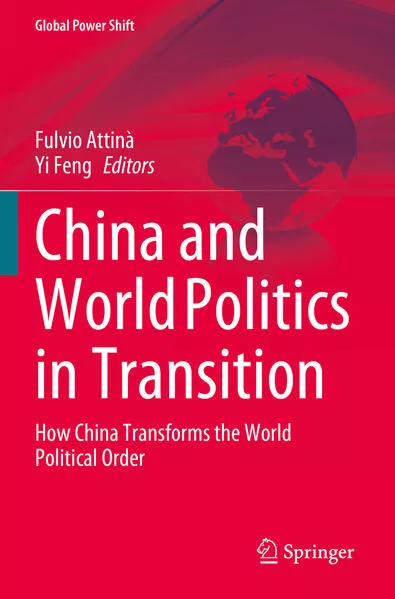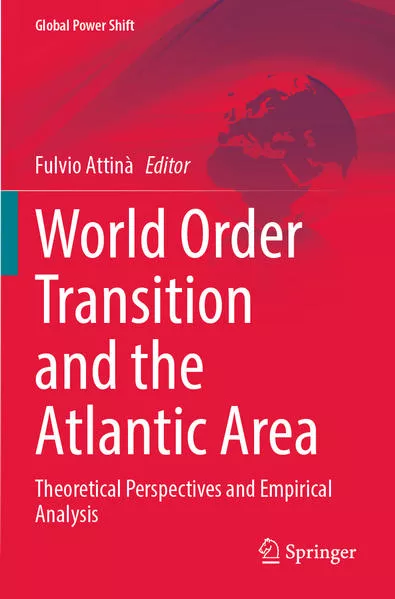
- Publikationen ca: 4
- Fragen & Antworten
Fulvio Attinà
China and World Politics in Transition
This book analyzes China's transformative political power in today's world while simultaneously addressing global issues and the reformation of world institutions. China has become known as the world's first factory and trading power, but more knowledge on China's rise is necessary to understand the world of today and the future.
China and World Politics in Transition
This book analyzes China's transformative political power in today's world while simultaneously addressing global issues and the reformation of world institutions. China has become known as the world's first factory and trading power, but more knowledge on China's rise is necessary to understand the world of today and the future.
China and World Politics in Transition
This book analyzes China's transformative political power in today's world while simultaneously addressing global issues and the reformation of world institutions. China has become known as the world's first factory and trading power, but more knowledge on China's rise is necessary to understand the world of today and the future.
World Order Transition and the Atlantic Area
This book examines the current phase of world order transition in the Atlantic area, focusing on Europe and Northern America, Asia, and Africa. In particular, it describes four processes of world order transition, namely the decreasing American leadership, the rising power of China, the receding effectiveness of economy and security world policies, and the continued but inadequate operation of the world policy-making institutions.



